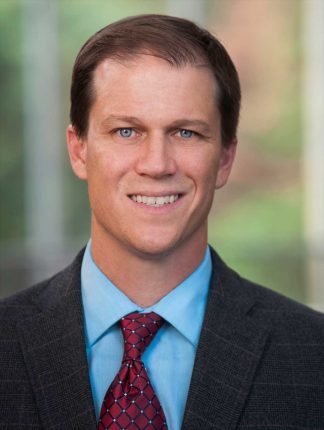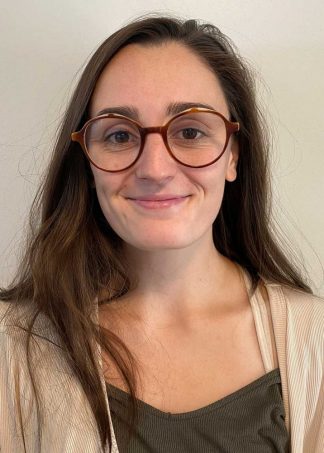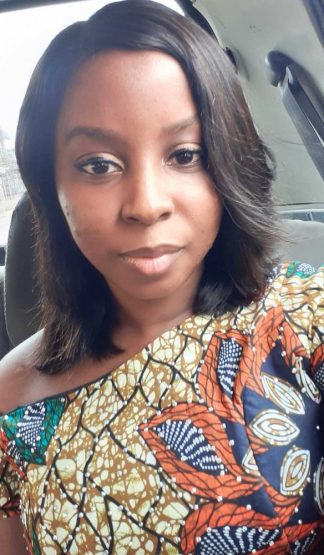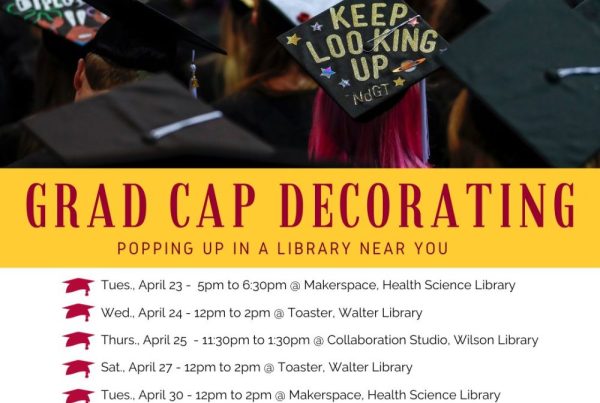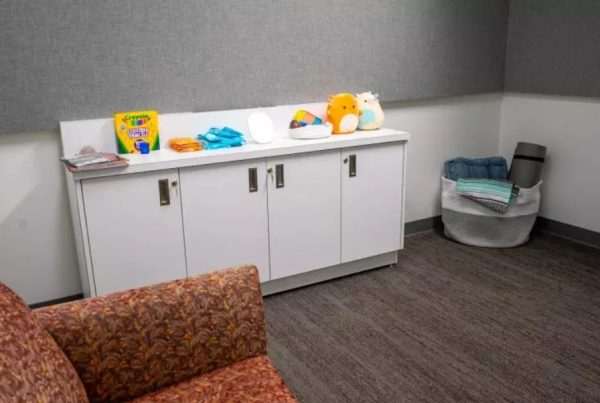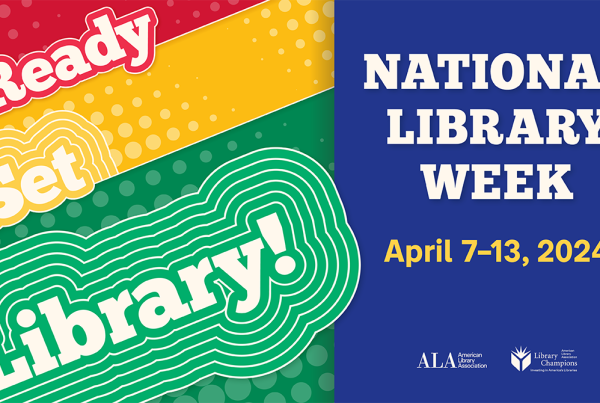By Allison Campbell-Jensen
Prior to COVID, an important part of the graduate class Ways of Knowing for Sustainable Development was asking the students to conceive of and host a community conversation on a sustainable development topic, says instructor David Wilsey, of the Humphrey School of Public Affairs. By bringing together people with diverse knowledge and experience, he says, “the hope is to create conditions that allow someone to shift perspective, even if momentarily.”
Last fall’s online format nixed the community conversation, however. A virtual conversation would not be as effective, particularly as Wilsey also wanted to develop connections among this cohort of people who wouldn’t be able to spend time together physically.
He decided asking students to create a podcast about one of their fellow students could fill the gap.
“It required one-on-one connections,” he says. “It could transcend the physical distances. It pushed them out of their comfort zones and it required them to try to deeply understand another person’s identity and perspective in order to tell a version of their story.”
And for help telling their stories through podcasting, he and his students could call on Media Librarian Scott Spicer, Multimedia Specialist Charlie Heinz, and Technical Support Specialist Tiffany Carlson.
Developing another’s story
Carlson presented ways to organize their podcasts, using storyboarding as a helpful tool.
“I focused on the concept of a story arc, and how this may or may not work with the stories they were trying to tell,” she says. They also looked at ways to find a common theme among their concepts to bind their stories together when there is no obvious arc.
Eva Kough found storyboarding helpful in developing her podcast about Denis Enywaru. She and he had written and exchanged personal reflections, he shared personal stories, and, she says, “we talked quite a few hours about our motivations.” She was challenged by the need to “dive into Denis’s brain without getting into uncomfortable territories.”
Then she faced a big learning curve on how to use the software. She experimented a bit and then decided to use Audacity, so that she could choose her own music. “I have a very strong opinion about what I want my aesthetics to be,” Kough says. “I searched for hours for the right music.”
Enywaru, in Kampala, Uganda, did not have access to Libraries’ media equipment or 1:Button studios on campus. So he was one of the students whom Heinz helped to use his smartphone as effectively as possible. “They sent me sample audio files from their recording location, and then I would send feedback,” Heinz says.
Navigating rough spots
Olaoluwakitan “Kitan” Babalola recognized a potential rough spot.
“It’s uncomfortable having someone come into your space and ask personal questions,” she says. “It feels intrusive. But as a development practitioner, you have to make things work, even when aspects of the work feel uncomfortable.”
Like the other students, she’d never done a podcast before — and she hadn’t even heard one. She appreciated Spicer speaking about the different sections of a podcast and offering tips to make it interesting. And, fortunately, she clicked with her partner David Newman.
Heinz found one student much influenced by Dan Carlin’s Hardcore History. “He had styled his podcast to be similar to that,” but it wasn’t effective. “We talked about what’s different between the personal narrative genre and the history genre and how to take inspiration from what he finds effective or engaging about that podcast and then apply that in a different genre.”
Assessing the project
Overall, Wilsey finds the podcast assignment successful as a vehicle for the student to discover their self and others.
“A practitioner of sustainable development has an obligation to work hard on understanding his or her own way of knowing and being,” he says, “and to invest similarly in working to understand and value the same in others.”
Babalola says: “Relationships were a major contribution to the success of the podcasts. I learned a lot from [Newman] about life.” And he gained a friend who hopes to be in the Twin Cities soon, but for now is in Lagos, Nigeria.


